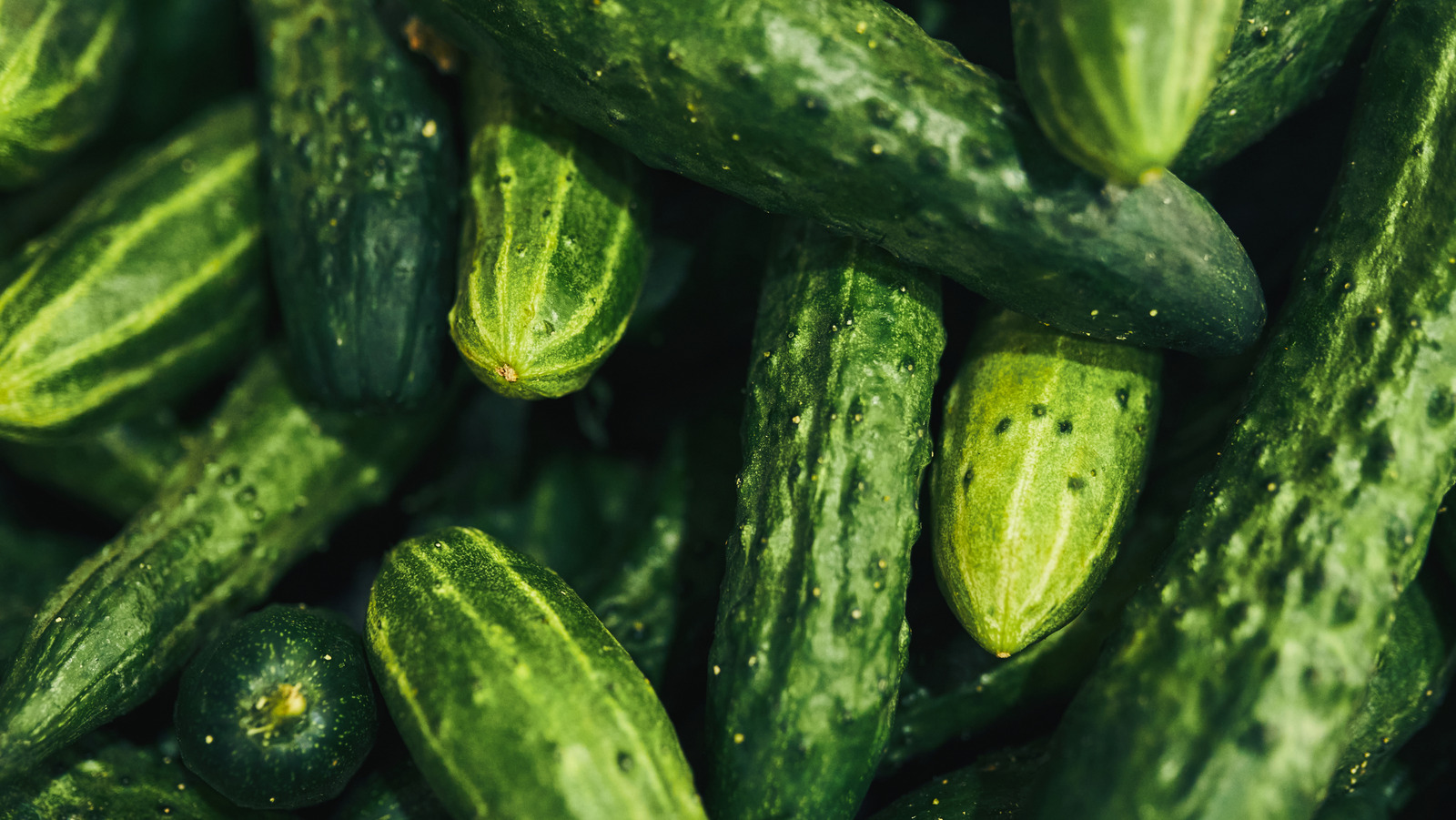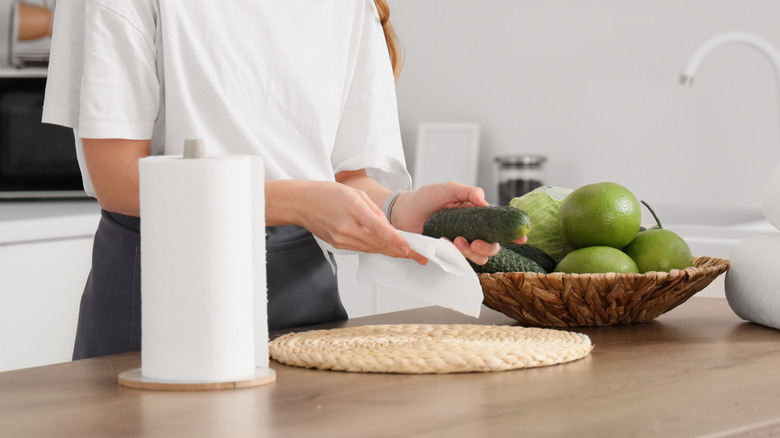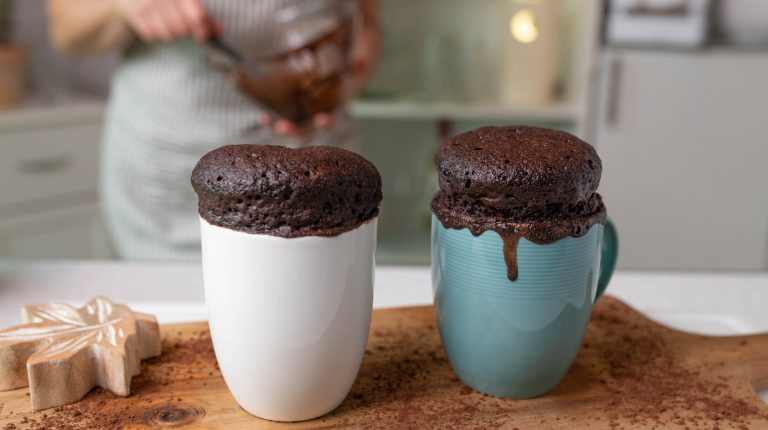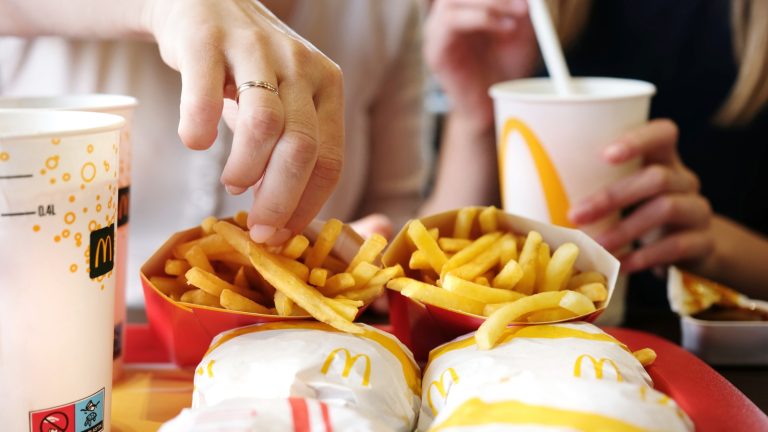Cucumbers are wonderful fruits, despite being primarily treated as a vegetable in the kitchen.We most often use them to bring a fresh crunch to an array of salads. But have you noticed how quickly cucumbers go from firm and bright to mushy and riddled with mold? The way you store them could be the reason for the swift decay.
Reason dictates that your cucumber will be packaged appropriately when you buy it because it has to last on the shelves, so it should last just as well in its original packaging at home, right? Not really. Cucumbers are generally wrapped quite tightly, which means there’s no air circulation in the package. Like many fruits and vegetables, cucumbers produce a natural gas called ethylene which causes them to ripen faster. Cucumbers are also very sensitive to ethylene — so if the ethylene trapped in the cucumber’s original packaging has nowhere to go, the cucumber will ripen even faster.
Also, because cucumbers are moisture-rich, they can release excess water, or “sweat,” if the temperatures around them fluctuate — like a fridge door opening and closing. Along with the trapped air, this moisture can create a humid environment ideal for the growth of bacteria and mold. On the flip side, if the temperatures are too cold the water in the cucumber could freeze and it could develop what are called chilling injuries. So storing your cucumbers in the original packaging should be avoided.
Two unexpected ways to store your cucumbers for max longevity
The first way couldn’t be simpler. Start by rinsing and drying your cucumber thoroughly. This is important because you don’t want any additional moisture on the surface that could lead to mold. Then wrap it in a sheet or two of paper towel; if you’re working with more than one cucumber, each should be wrapped individually. Place the cucumber in a resealable zip-top bag, squeezing excess air out before sealing, and storing in the fridge.
The other way has some fun but simple science involved. Have you heard of the debated trick of putting a teaspoon in the neck of a champagne bottle to keep the bubbles in (it’s an urban legend, by the way)? Well, storing your cucumber with a metal spoon has actual science behind it. Putting a spoon in a resealable zip-top bag with your cucumber can help to keep the temperature stable, because the metal cools down and when the fridge door is opened and closed, it retains that coolness, keeping the cucumber’s temperature stable.
With both of these storage methods, it’s best to keep your cucumber in the crisper drawer of your fridge. The crisper is specifically designed to control the humidity and air flow in the drawer. Set it to low humidity for your cucumber, which opens up the flow.






